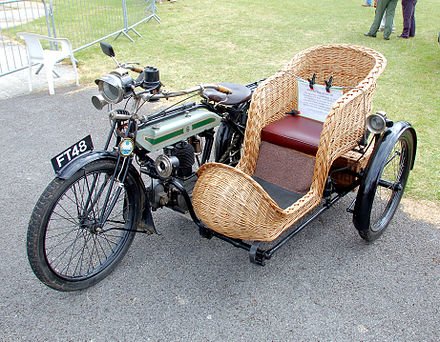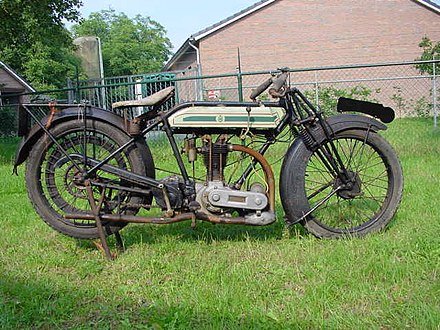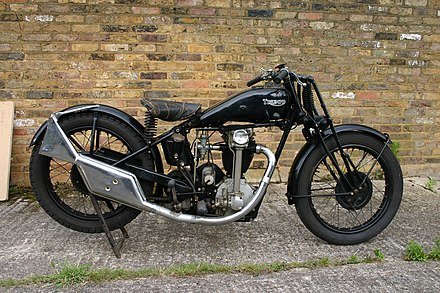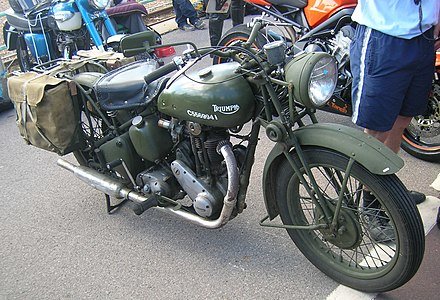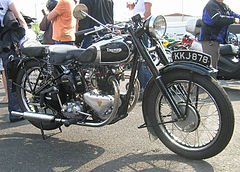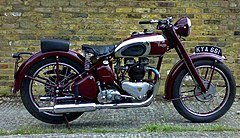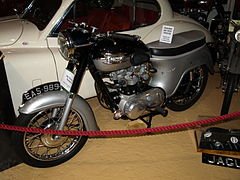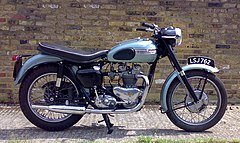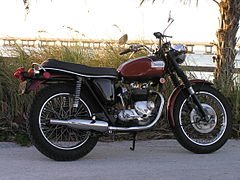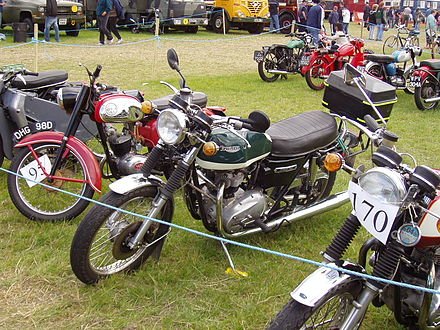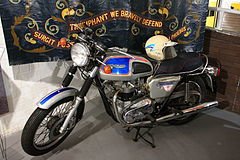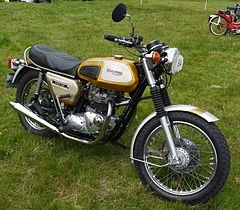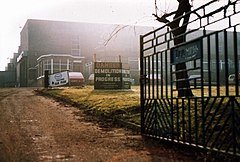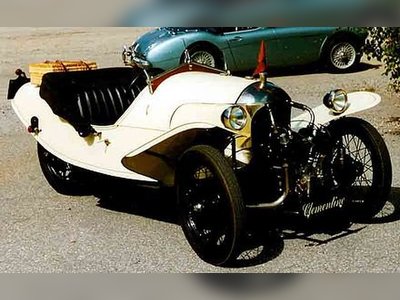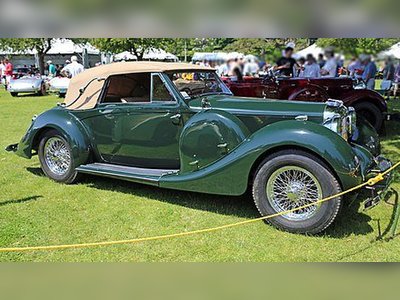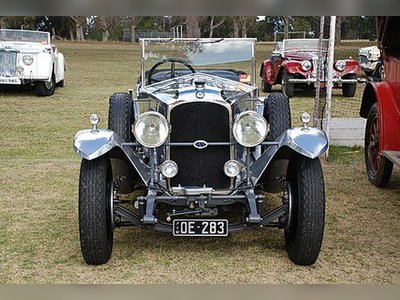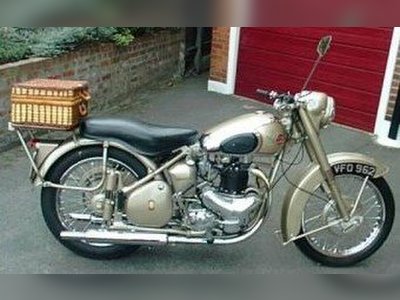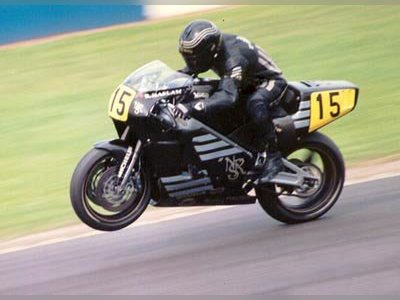British Heritage
Remember, Cherish, Learn.
beta
Triumph Motorcycles - 120 years of Heritage
Triumph Motorcycles - 120 Years of Heritage.
Contribution to British Heritage
Triumph Motorcycles holds a significant place in British heritage as one of the oldest and most influential motorcycle manufacturers in the country. Its legacy of innovation, iconic designs, and enduring popularity has made it an integral part of British culture and automotive history. The company's origins can be traced back to 1886 when Siegfried Bettmann, a German immigrant, founded the Triumph Cycle Company in Coventry. What began as a modest bicycle manufacturing venture soon evolved into the production of motorcycles, marking a pivotal moment in the British motorcycling industry.
Throughout its history, Triumph has demonstrated resilience and adaptability, surviving two world wars, economic challenges, and changes in ownership. Despite facing financial struggles and bankruptcy, Triumph managed to reemerge stronger, focusing primarily on motorcycle production under the leadership of Jack Sangster, who acquired the company in 1936.
Triumph's motorcycles played a vital role during the First World War, supplying thousands of bikes to the Allied forces. This contribution to the war effort not only solidified Triumph's place as a reputable motorcycle manufacturer but also highlighted its importance to British military heritage.
After the war, Triumph expanded its lineup, introducing models like the Speed Twin, which went on to become the foundation for all Triumph twins for several decades. The introduction of the Bonneville in 1959 further cemented Triumph's reputation as a maker of high-performance motorcycles, gaining popularity not only in the UK but also in the United States.
Success and Achievements
Triumph's journey has been marked by numerous successes and achievements, both in terms of engineering advancements and racing triumphs. One of its most notable milestones was the release of the Speed Twin in 1937, designed by Edward Turner. This groundbreaking model combined elegant design with cutting-edge technology, setting the standard for future motorcycle designs.
During the 1950s and 1960s, Triumph motorcycles achieved remarkable success in the racing world. Malcolm Uphill's victory in the Isle of Man Production TT race in 1969, riding a Bonneville, demonstrated the outstanding performance capabilities of Triumph bikes. The Bonneville model, in particular, gained iconic status, earning a dedicated following among motorcycle enthusiasts worldwide.
Triumph's commitment to innovation was evident in the introduction of the Thunderbird in 1949, one of the first motorcycles designed specifically for long-distance riding. This model gained further acclaim when Marlon Brando rode a 1950 Thunderbird 6T in the iconic film "The Wild One," elevating the brand's status in popular culture.
Despite facing stiff competition from Japanese manufacturers during the 1970s, Triumph continued to produce motorcycles with character and performance. The Meriden Motorcycle Co-operative, formed after the collapse of NVT in 1977, displayed resilience by producing the Bonneville and Tiger models successfully.
Triumph Motorcycles Today
In 1983, Triumph Motorcycles (Hinckley) Ltd emerged as the savior of the brand. John Bloor, a successful property developer, purchased the rights to the Triumph name and manufacturing facilities. This move ensured the continuity of Triumph motorcycles and allowed the brand to evolve and thrive.
Triumph Motorcycles (Hinckley) Ltd, now the largest surviving British motorcycle manufacturer, has continued the legacy of the brand by introducing a range of modern motorcycles while reviving classic model names from its past. This revival has garnered immense success and has allowed Triumph to reclaim its position as a major player in the global motorcycle market.
Today, Triumph motorcycles are known for their performance, quality, and distinctive British styling. The company's dedication to innovation and cutting-edge technology has resulted in a diverse lineup of motorcycles, appealing to a broad range of riders worldwide. Triumph's commitment to maintaining its heritage while embracing modern advancements has allowed it to remain a symbol of British engineering excellence and a treasured part of British cultural heritage.
In conclusion, Triumph Motorcycles' 120 years of heritage have left an indelible mark on British history, contributing to the country's automotive legacy and cultural identity. Its enduring success, iconic designs, and commitment to innovation continue to make it a significant player in the global motorcycle industry. Triumph Motorcycles stands as a testament to the ingenuity, passion, and resilience of British engineering and remains an integral part of British heritage.
- Triumph Engineeringen.wikipedia.org


